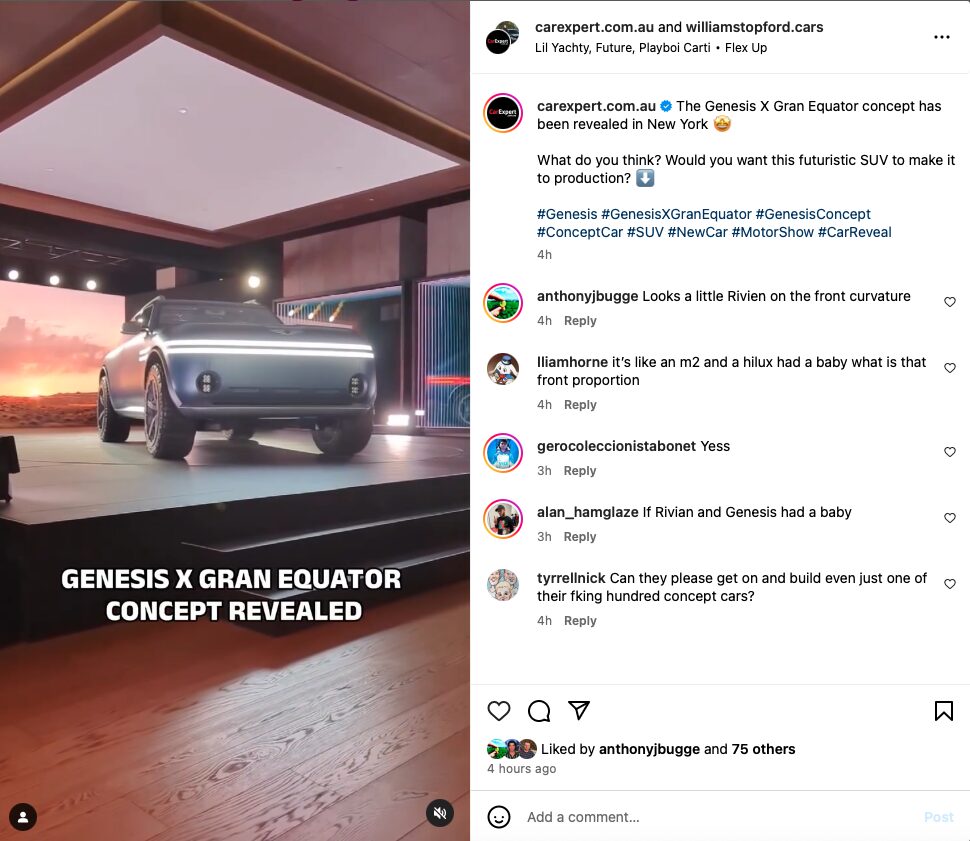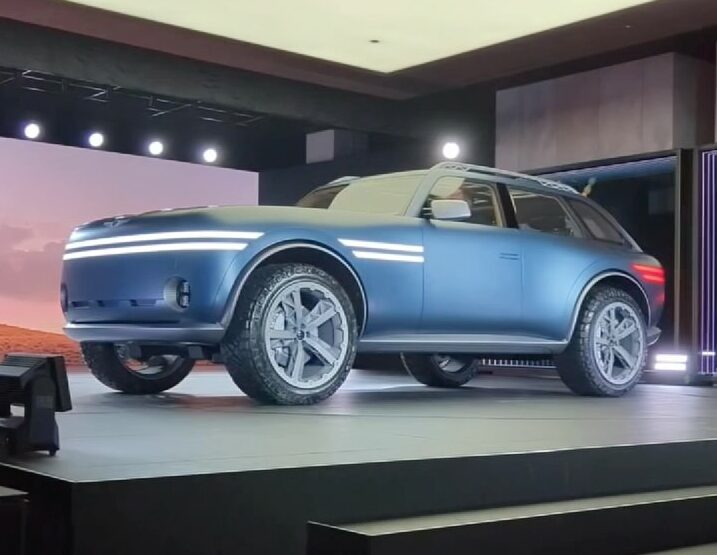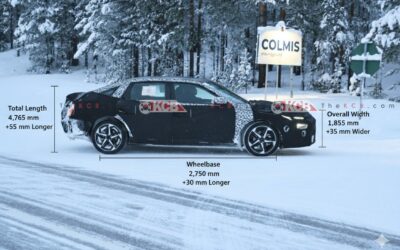Say hello to the X Gran Equator. Just a few days ago, Luc Donckerwolke told AutoExpress that Genesis “will reveal a new full-sized SUV at the New York Auto Show.” Naturally, many people assumed it would be the long-awaited GV90. In our case, we chose to say “it could be”—mainly because Genesis has a long history of unveiling concept cars instead of production-ready models at major shows. Now, it’s confirmed: Genesis has indeed showcased yet another concept, as seen in a reel shared by our colleagues at CarExpert in Australia a few hours before the embargo lifts.
A Pattern of Concepts, Not Cars
This isn’t a one-off occurrence. Over the past few years, Genesis has developed a pattern of revealing visually impressive concept vehicles that rarely (if ever) reach customers in their shown form. From the X Trilogy to the Mint Concept, these showstoppers stir excitement but often lead to disappointment when no production timeline follows.
Genesis fans and industry watchers are beginning to ask: Is Genesis losing momentum by avoiding production-ready reveals? With the debut of the X Gran Equator and the recent reveals of the X Gran Coupe and X Gran Convertible, we think they are.
Meanwhile, Lucid Shows the Gravity
While Genesis keeps designing the future, competitors are delivering it. Lucid Motors, for example, has unveiled the Gravity SUV, a fully electric, full-sized SUV that’s headed to production and already generating buzz among EV enthusiasts and premium SUV buyers alike.

Lucid’s approach is simple: create excitement, then deliver. Genesis, on the other hand, seems to be using auto shows as design showcases rather than launchpads for products customers can actually buy.
Where’s the GV90?
The GV90 is expected to be Genesis’s answer to the likes of the BMW iX, Mercedes EQS SUV, and now the Lucid Gravity. Built on Hyundai’s advanced eM platform, the GV90 could offer cutting-edge tech and luxury. But without a real unveiling or clear production timeline, it’s hard for Genesis to compete in a segment that’s moving fast and aggressively toward electrification.
While Genesis’s design language continues to impress, the lack of tangible, production-ready vehicles may be giving its rivals an edge—not just in sales, but in consumer confidence.
Final Thoughts
Genesis has no shortage of talent, vision, or design innovation. But if the brand wants to remain competitive—especially in the fast-paced electric luxury SUV segment—it needs to start turning concepts into reality.
As other brands like Lucid, Rivian, and even legacy automakers push forward with production EVs, Genesis risks being left behind in a cloud of digital renders and concept reels.





